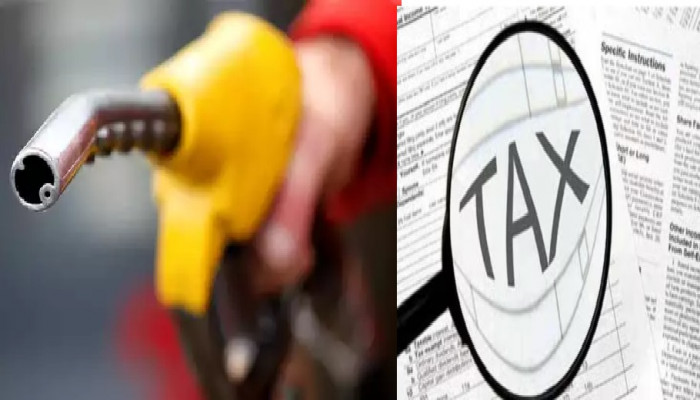India scraps windfall tax on fuel and crude products
- In Reports
- 03:59 PM, Dec 02, 2024
- Myind Staff
The Finance Ministry has announced the removal of the windfall tax on aviation turbine fuel (ATF), crude oil products, petrol, and diesel. This decision, formalised through notifications numbered 29/2024 and 30/2024, was laid before Parliament on Tuesday.
Introduced in July 2022, the windfall tax, officially known as Special Additional Excise Duty (SAED), was implemented in response to the surge in global crude oil prices caused by the Russia-Ukraine conflict. Its aim was to capture the extraordinary profits made by oil producers and exporters, providing a substantial revenue stream for the government during the pandemic. However, with crude oil prices stabilising between $70 and $75 per barrel—far below their peak levels—the need for the tax has diminished. The revenue collected through this levy has seen a sharp decline, with ₹25,000 crore raised in FY23, ₹13,000 crore in FY24, and just ₹6,000 crore projected in FY25.
This reduction in revenue highlights the diminishing necessity of the windfall tax, which was more relevant during the COVID period. The removal of the tax is expected to benefit major oil producers, such as Reliance Industries and ONGC, by improving their refining margins. Following the announcement, shares of Reliance saw a positive movement, trading at ₹1,300.05 per share.
In addition to scrapping the windfall tax, the government has also removed the Road and Infrastructure Cess (RIC) on fuel exports, marking a complete rollback of levies on petrol and diesel exports.
The windfall tax was last revised on August 31, with a rate of ₹1,850 per tonne for crude petroleum. As of September 18, export duties on diesel, petrol, and jet fuel had been reduced to zero.
This move is expected to have significant implications for both consumers and businesses. Airlines may experience reduced operational costs, which could lead to lower airfares. Additionally, oil companies may consider lowering prices for petrol, diesel, and ATF, providing relief to consumers who have been facing inflationary pressures.
This development underscores India's adaptive fiscal policy, which aims to adjust to evolving market conditions while supporting domestic industries and addressing consumer needs. The removal of the windfall tax signals a shift towards fostering economic growth in the energy sector.







Comments